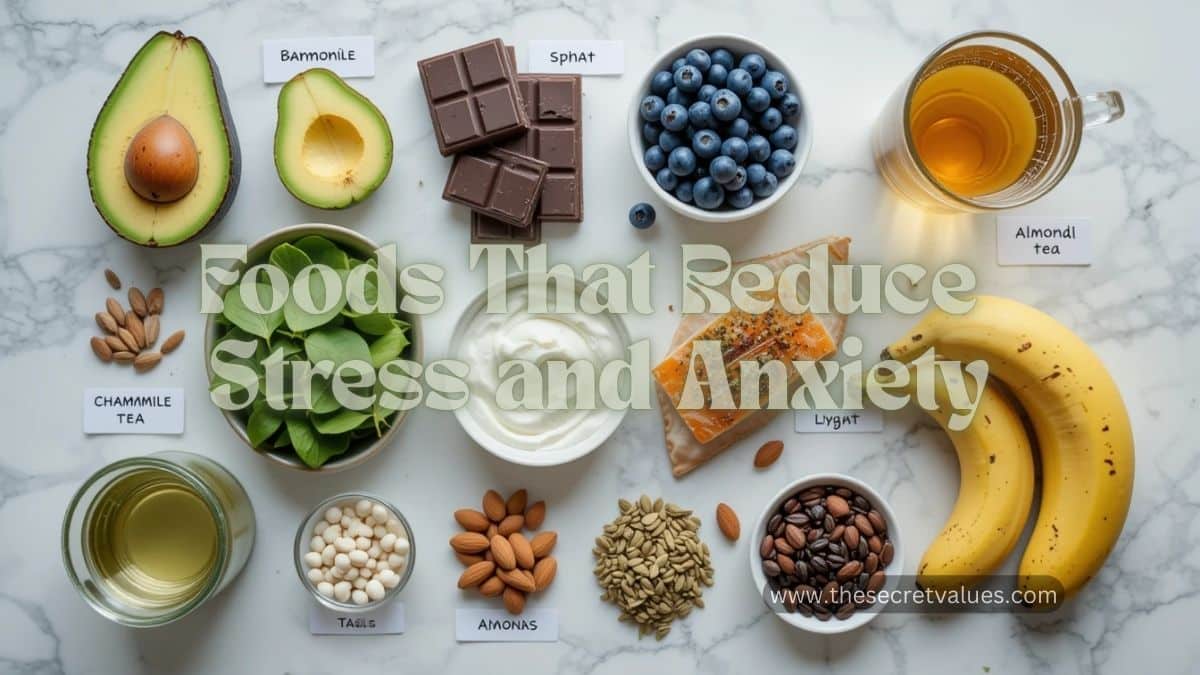Nowadays, stress is an inevitable aspect of modern life. From work pressures to personal obligations, the effects of stress on health are profound, influencing both the body and mind. In this article, we’ll discuss the comprehensive impacts of stress on overall health, how it affects specific systems like the heart, and ways to manage and mitigate its effects. With careful management, it’s possible to reduce the negative effects of stress and improve overall well-being.
What is Stress?
Stress is a response by the body to any demand or challenge. It can be both physical and psychological, caused by various factors such as work, relationships, finances, or even environmental elements like heart. When a person faces a stressor, the body releases hormones like adrenaline and cortisol to prepare for a “fight or flight” response. While stress can sometimes provide the energy and alertness needed to overcome challenges, chronic stress can be highly detrimental to health.
Effects of Stress on Health: A Closer Look
Understanding the effects of stress on health is crucial, as prolonged exposure can weaken the immune system, contribute to heart disease, and affect mental health. The following sections explore specific health impacts of stress:
1. Impact of Stress on the Cardiovascular System
The cardiovascular system is particularly vulnerable to chronic stress. When you experience stress, your heart rate increases, and blood pressure rises as part of the body’s natural response. However, over time, this strain on the heart can contribute to various cardiovascular problems, including hypertension, arrhythmias, and increased risk of heart attacks.
- Impact of Stress on Heart: Studies show that stress can lead to the buildup of plaque in the arteries, making it a risk factor for coronary artery disease. High-stress levels also increase the likelihood of engaging in unhealthy habits, such as smoking and overeating, which further increase heart disease risk.
2. Effects of Heart Stress on Physical Health
While most discussions focus on psychological stress, heart stress—a type of physical stress—can have similar detrimental effects. Excessive heart exposure causes heart stress, which can lead to fatigue, heart stroke, or dehydration. Workers exposed to high-temperature environments, such as construction or agriculture, often face heart stress that impacts their overall health and performance.
- Symptoms of heart Stress: heart stress symptoms include fatigue, headaches, nausea, and dizziness. Long-term exposure can lead to more serious conditions like heart stroke, which can damage internal organs and, in severe cases, be life-threatening.
3. Stress and the Immune System
Stress weakens the immune system by lowering the body’s white blood cell count, making it less effective at fighting off infections and illnesses. People with chronic stress are more susceptible to colds, flu, and other infections. Additionally, stress can trigger or exacerbate autoimmune conditions like rheumatoid arthritis and lupus.
4. Effects of Stress on Mental Health
Mental health is significantly affected by stress. Prolonged stress can lead to anxiety, depression, and irritability. People under chronic stress may experience mood changes, have trouble sleeping, and feel overwhelmed or helpless. In severe cases, stress can lead to mental health conditions that require professional treatment, such as depression and anxiety disorders.
5. Digestive Health and Stress
The digestive system is particularly sensitive to stress. How mental and emotional emotions affect gut health is explained by the “gut-brain axis.” Under stress, people may experience indigestion, bloating, or irritable bowel syndrome (IBS). Additionally, stress can slow down the digestive process, causing constipation or, conversely, diarrhea.
The Impact of Stress Management on Health
Managing stress effectively can mitigate its harmful effects on health. Impact of stress management practices like mindfulness, regular exercise, and balanced nutrition cannot be understated. When integrated into daily life, these practices not only reduce the immediate symptoms of stress but also strengthen resilience over time.
Mindfulness and Meditation
Practices like mindfulness and meditation train the brain to focus on the present moment, reducing the mental “chatter” associated with stress. Regular meditation has been shown to decrease cortisol levels, improve mood, and enhance overall well-being.
Physical Activity
Exercise is a natural stress reliever. Endorphins, sometimes referred to as “feel-good” hormones, are released when you exercise and mitigate the negative effects of stress. Regular exercise also supports cardiovascular health, reducing the risk of heart disease caused by chronic stress.
Healthy Diet
Nutrition plays a significant role in stress management. Foods rich in antioxidants, vitamins, and minerals help reduce oxidative stress, which can worsen the effects of stress on the body. Avoiding high-sugar and high-fat diets can also prevent stress-induced weight gain and related health issues.
Adequate Sleep
Sleep is essential for stress recovery. Poor sleep is frequently the result of chronic stress, which makes stress worse. Practicing good sleep hygiene, such as keeping a consistent sleep schedule and creating a relaxing bedtime routine, can significantly reduce stress levels.
How to Prevent the Long-Term Effects of Stress on Health
Understanding the effects of stress on health can help you take proactive steps to prevent them from becoming long-term issues. Here are some actionable steps:
- Practice Deep Breathing Techniques: Controlled breathing exercises activate the body’s relaxation response, helping to lower stress levels.
- Stay Connected: Social interactions are essential for mental health. Social interaction with loved ones, friends, or support groups can offer consolation and a feeling of belonging.
- Limit Caffeine and Alcohol: Both caffeine and alcohol can exacerbate stress, disrupting sleep and increasing anxiety. Limiting these substances can improve both physical and mental health.
- Pursue Hobbies: Engaging in activities you enjoy can shift your focus away from stress and increase positive feelings.
- Seek Professional Help When Needed: If stress becomes unmanageable, seeking help from a mental health professional can provide you with tools and strategies to cope effectively.
In Summary: Managing the Effects of Stress on Health
Stress is an unavoidable part of life, but by understanding its effects and taking proactive steps, you can reduce its impact on your health. From the impact of stress on heart health to its influence on mental well-being, stress affects nearly every part of the body. Practicing stress management techniques like mindfulness, exercise, and healthy sleep habits can prevent many of the adverse effects associated with chronic stress.
By prioritizing mental and physical well-being, adopting effective stress management techniques, and seeking support when needed, you can minimize the effects of stress on health, improve resilience, and lead a balanced, healthier life.








1 thought on “Exploring the Effects of Stress on Health Causes & Solutions”